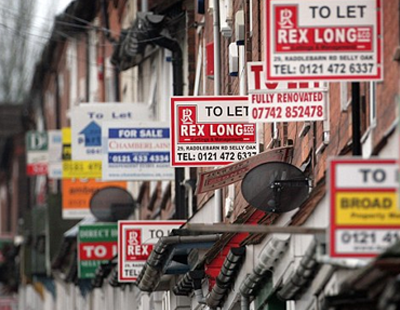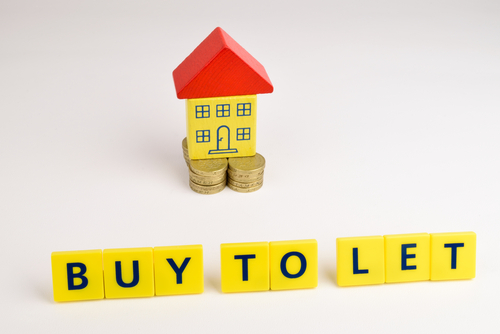
There has been a "surge" in the number of buy-to-let investors considering moving their properties into limited company structures.
Brokers are looking to reduce their clients' tax bills ahead of the forthcoming tax crackdown by Chancellor George Osborne, which will gradually phase out higher rate tax relief.
Fleet Mortgages said a growing number of buy-to-let investors are looking to develop their portfolios through a limited company.
The buy-to-let and specialist lender has upped the number of buy-to-let products available for limited companies to meet the rise in demand.
It has fixed and lifetime tracker options available between 65% and 80% LTV, with both experienced and first-time landlords accepted.
Fleet has also published a new guide for intermediaries who want to learn more about the limited company buy-to-let sector.
The guide, Using a Limited Company for Buy to Let Properties, outlines the potential advantages and disadvantages of limited company ownership.
It examines forthcoming changes to higher-rate taxpayers announced by Chancellor George Osborne in July’s emergency Budget, which are due to be phased in between 2017 and 2020.
Fleet also sets out its underwriting process for limited company cases and the specific limited company products it offers borrowers.
Chief executive Bob Young said there has been a surge in interest in limited company buy-to-let vehicles since July.
“There is much to consider not least mortgage availability and pricing, but also whether it is worthwhile transferring existing properties into the company or should it just be used for new properties."
Young said this part of the buy-to-let market was underserved in terms of product choice, understanding, rates and criteria, but that is likely to change



















Join the conversation
Jump to latest comment and add your reply
How many of these Investors have had the full tax cost of operating as a Limited company explained to them. They will be paying higher tax straight away from 6 April 2016 due to the tax hike on dividends. Then if they sell a property in the company, the company will pay tax on the gain and if they want to take the money out from the sale of the property they will pay tax at up to 45% as compared to a max of 28% if they owned it personally. Owning property through a company may be part of an overall tax strategy but it is not the simple solution that people are having it sold to them as.
Please login to comment